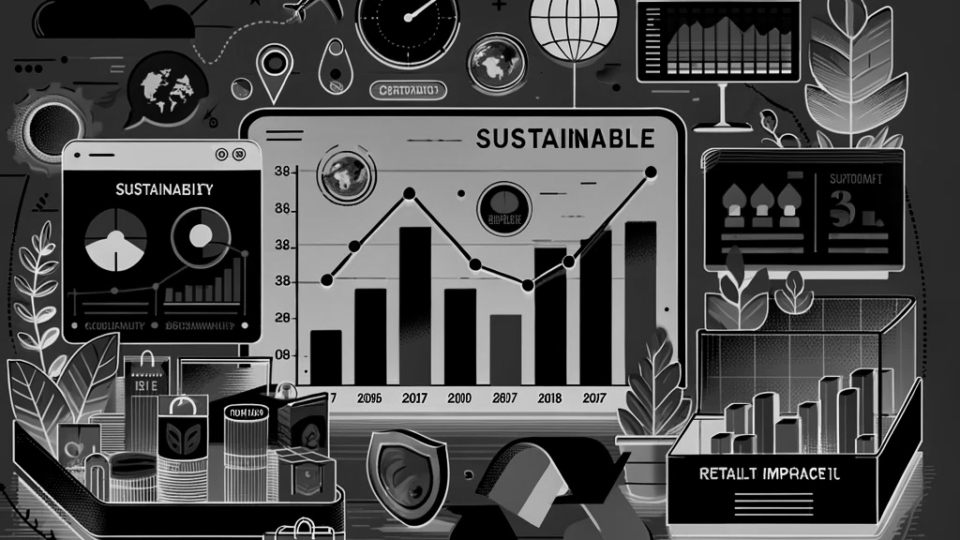How to be sustainable and more profitable at the same time
In today’s business world, sustainability is a crucial concern across various industries. The challenge lies in accurately measuring and ensuring sustainability, a task that heavily relies on the effective use of sustainable data analytics. This approach involves the meticulous collection and aggregation of data, crucial for proving compliance at multiple levels.
Take the retail sector, for instance, notoriously known for its environmental impact. Here, sustainable data analytics plays a pivotal role in enhancing the sustainability profile, particularly in reducing excess and waste. By focusing on minimizing products that end up as bargains or waste, businesses can not only cut costs but also significantly reduce their environmental footprint, considering the high costs and environmental impact associated with transporting goods. In this scenario, tools proficient in collecting, monitoring, and documenting data are invaluable for proving compliance and making informed decisions.
Data analytics as a solution
Another key aspect where sustainable data analytics prove indispensable is in the analysis of expenditure related to waste management. Often, businesses grapple with the hidden costs of sending products to destruction. Here, data analytics tools that offer insights into the true cost implications of converting a product into a bargain are extremely beneficial. Additionally, as buying behaviors evolve and orders span across multiple channels, managing this complexity becomes challenging. Sustainable data analytics enables predictive buying, allowing businesses to forecast buying patterns and streamline processes based on structured data.



